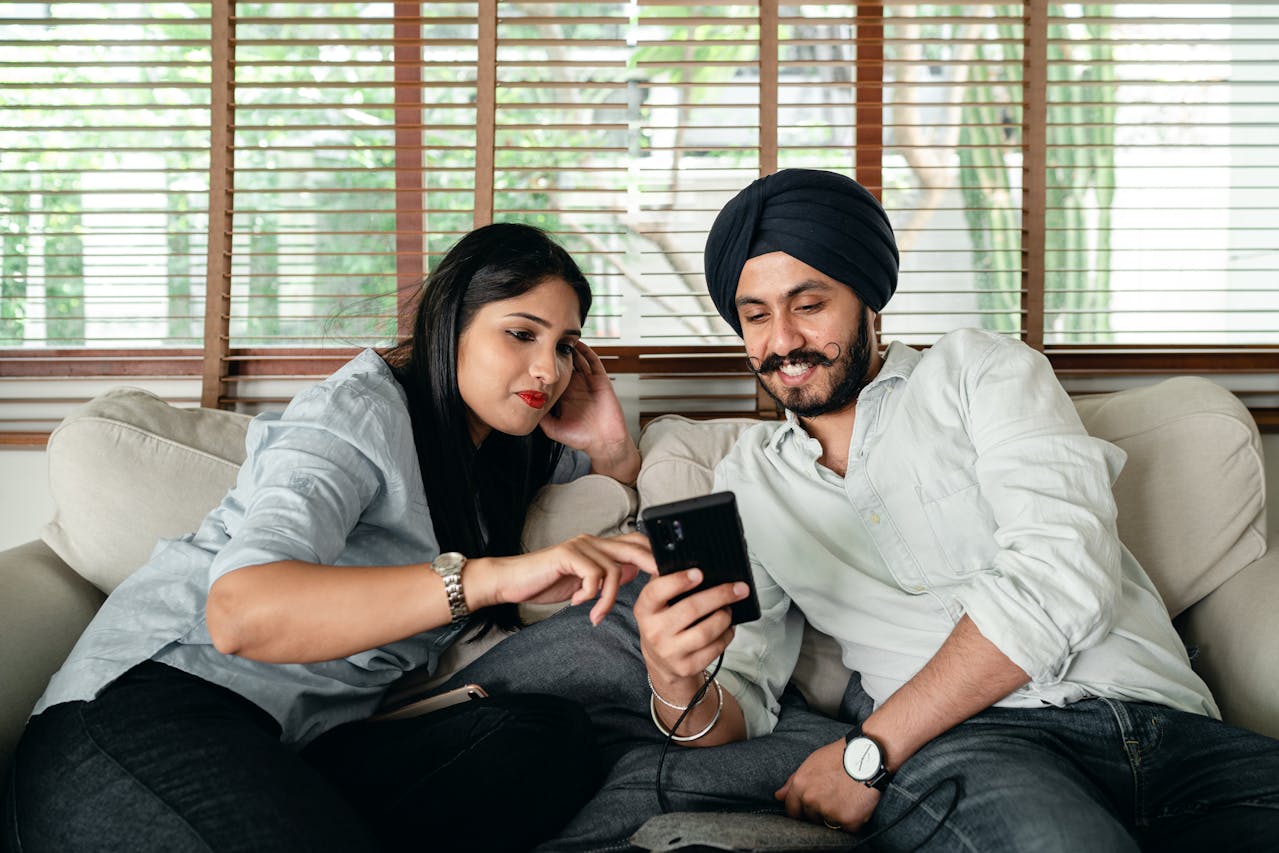Starting a new relationship is exciting, but sometimes curiosity can cross into controlling behavior. When a partner checks your phone, monitors your social media, or quietly looks into your private life, it is no longer innocent. These actions can harm trust before it has a chance to grow. Digital snooping often hides behind excuses like concern or curiosity, but it reveals insecurity and control. Here are 10 behaviors that may seem small but are actually signs of digital snooping.
1. Reading Your Text Messages Without Asking

A new partner who reads your texts without asking is not just being curious. Text messages include personal conversations with friends, family, or coworkers, and those conversations deserve privacy. Even a quick glance at your screen without your permission crosses a line. Over time, this kind of behavior creates tension and makes you feel like you have to hide your phone to feel safe. Trust grows with honesty, not secret checks.
2. Checking Your Call History or Voicemails

Your call history shows who you speak with, how often, and when. A new partner who looks through your missed calls or listens to your voicemails without permission is invading your privacy. Even if the calls are harmless, the act of checking them suggests suspicion and a need for control. This can make you uncomfortable and anxious about normal communication, and it signals that the relationship lacks respect for boundaries.
3. Tracking Your Location Using Apps

Some apps allow live location sharing, but using them without open agreement is a serious issue. If a partner turns on tracking or constantly asks where you are, it becomes surveillance rather than care. Everyone deserves the right to move freely without feeling monitored. Location sharing should always be discussed openly and used for agreed purposes like safety during travel, not as a tool for suspicion.
4. Going Through Your Social Media Direct Messages

Private messages are meant to be private. If a partner asks to see your DMs or looks through them when you’re not around, it’s a red flag. Direct messages often include old conversations or personal details that have nothing to do with your new relationship. Reading them out of context can lead to misunderstandings or false accusations. Respectful partners know trust is earned without prying into private chats.
5. Logging Into Your Accounts or Guessing Passwords

Trying to guess your passwords or unlock your phone without permission is one of the clearest signs of digital snooping. It shows a desire for control rather than trust. Passwords protect private information such as bank accounts, emails, and work files. Breaking into them without asking undermines both security and respect. Healthy relationships give each person privacy instead of forcing access.
6. Looking Through Your Internet Search History

Your search history can reveal your private thoughts, questions, and personal interests. A partner who secretly checks your browser history is crossing into surveillance. Whether you’re researching hobbies, health issues, or planning surprises, you should be able to do so without fear of judgment. This kind of behavior often makes people feel embarrassed or hesitant to even use their own devices freely.
7. Asking Friends or Family What You Have Been Posting

When a partner asks others to tell them what you post instead of talking to you directly, it shows a lack of honest communication. It can also make your friends or family feel uncomfortable or pressured. This indirect snooping erodes trust on multiple levels, making you feel watched from all sides. Relationships are stronger when partners discuss concerns openly rather than gathering information secretly.
8. Reacting to Your Past Social Media Posts

Scrolling through someone’s profile is normal, but bringing up old posts in a critical or jealous way crosses a line. It can make you feel judged for things you posted long before you met your partner. This behavior creates pressure to delete or hide your own history and signals insecurity rather than support. A respectful partner accepts your past without turning it into a problem.
9. Watching Who You Follow or Unfollow

Monitoring your online interactions is another form of quiet control. If a partner tracks every person you follow or unfollow and then questions you about it, it turns a normal part of social media into an interrogation. Social networks are filled with random connections that may not mean anything. Healthy relationships allow each person to interact online without constant oversight.
10. Demanding Full Access to Devices Early On

Wanting to see your phone or accounts right away might be framed as trust, but it is actually control. Sharing devices or passwords is a personal choice that should happen naturally over time, not under pressure. A partner who insists on immediate access shows they do not trust you from the start. Building a relationship on respect means keeping some digital boundaries until mutual trust develops.


